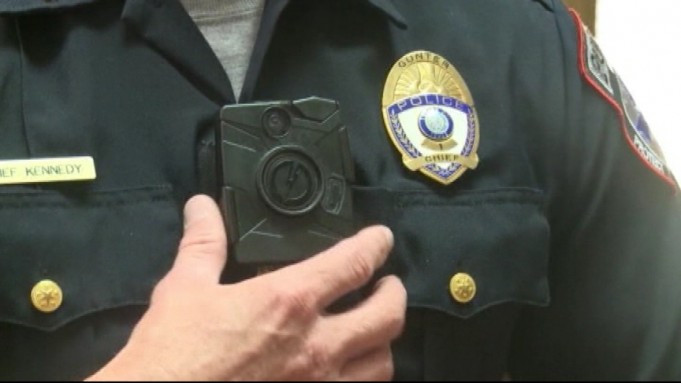The Center for Family Policy and Practice (CFFPP) and YWCA Madison were hired by the City of Madison to gather input from Madison residents as well as from impacted City employees about the use of Body Worn Video cameras (BWV) for police officers in Madison. After speaking with over 200 residents and over 150 City of Madison employees, we found that community members and city staff agree that there is a problem with police/community relationships and that body cameras are not the solution to the problem.
The problem identified by members of the focus groups was a lack of trust between members of marginalized communities and police, and they expressed that the solution to this problem is not body cameras. Trust, transparency, and accountability are necessary for the communities who we spoke with to have faith in body cameras as a solution; however, if those three elements were evident, there would be no call for body-worn video cameras. The detailed report, containing the perspectives of communities of color, immigrants, the LGBT community, and survivors of domestic violence, ranging in age from 14 years old to 78 years old, as well as the interviews and focus groups with over 150 staff working for the city of Madison, was delivered to the Community Policing and Body Camera Ad Hoc Committee. This Ad Hoc committee was then charged to make a recommendation on whether or not the city should implement a BWV camera pilot program. Based on feedback from the focus groups, the committee voted not to recommend the use of BWV cameras for the Madison Police Department.

Since the report and the Ad Hoc committee’s recommendation were released, we have experienced resistance, both from community members and within the city’s decision-making process, to accept the validity of the perspectives shared by those who were specifically asked for their feedback.
The YWCA and CFFPP were not part of the Ad Hoc Committee and did not participate in the recommendation process. Our role was to engage the communities likely to be most impacted by the decision and report back on their expressed ideas and opinions. The YWCA and CFFPP have not stated a position on BWV. However, the YWCA does have a strong opinion that the perspectives of the people who were participants in these focus groups should be the main focus of every conversation about whether or not BWV cameras should be implemented. Engagement does not only mean asking what people think. It also means making decisions that are in alignment with the opinions and perspectives of those most impacted by the policy or program.
Therefore, we urge the Madison City Council to heed to voices of those whose input they have requested. If we do not center the discussion on BWV Cameras on the opinions, feelings, and perspectives of the community members who participated in these focus groups, we will continue to chip away at the trust between marginalized communities and institutions in the City of Madison. Our community engagement efforts will actually not only have been a waste of money, time, and resources, it will contribute to the root cause of the problem: a lack of trust between marginalized community members and the institutions that are supposed to serve and protect them.










